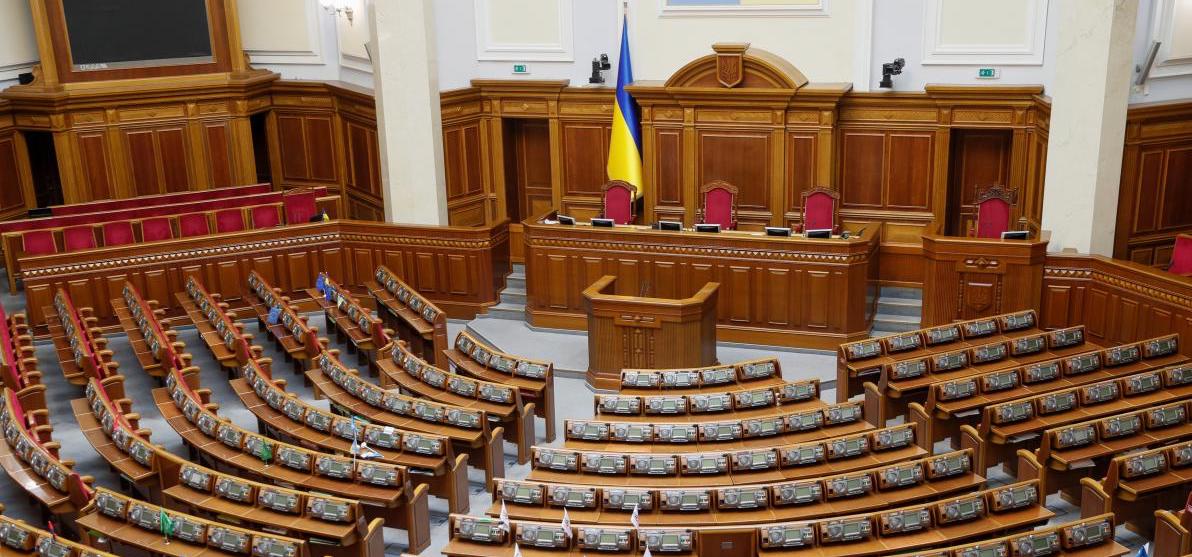Verkhovna Rada plans to switch committees to videoconferences and postpone regular plenary sessions until quarantine is over
Last night, the Verkhovna Rada of Ukraine has published on its website draft laws, which are to be considered on its extraordinary session on 30 March. These documents were initiated by representatives of all parliamentary factions and groups.
MPs of Ukraine have decided to amend the Resolution of the Verkhovna Rada of Ukraine on the organization of its work for the period of quarantine in Ukraine (draft law #3278), adopted on 17 March 2020. Firstly, the Parliament plans to send MPs to work in committees, commissions, parliamentary factions and groups until the Cabinet of Ministers of Ukraine abolishes quarantine. Secondly, the Parliament may cancel on this extraordinary session its previous decision saying that the Speaker of the Verkhovna Rada may convene a plenary session upon a proposal of the Conciliation Council of Ukraine if there are any urgent matters during the quarantine period.
Thus, the Parliament is not planning to hold sittings until the quarantine is over, but it still has the possibility to hold extraordinary sittings at the request of the President of Ukraine or at least one third of MPs.
Representatives of factions and groups have unanimously prepared amendments to the Law of Ukraine on Committees of the Verkhovna Rada of Ukraine to introduce a possibility of holding their meetings online in the quarantine period (#3277). If approved, the Law will be effective until the Government cancels the quarantine.
According to the Draft Law, meetings may be held as a video conference with the prior consent of the majority of a given VRU committee's membership. A consent to hold a video conference meeting shall be sent to the Head of the Committee, using a single automated system and a certified electronic signature. The Draft Law also provides an opportunity to broadcast a conference meeting on Parliament's website.
A video conference meeting of a committee will be considered authorised if more than a half of its members connect on remote. The Draft Law states that MPs shall join video conferences using an office tablet.
MPs will receive work plans, agendas and timetables for meetings of VRU committees through a single document automation system in the Verkhovna Rada of Ukraine.
At a video conference meeting, committee members vote in person and openly by raising their hands and expressing their position for, against, or abstained. Similarly to an ordinary meeting, it is planned to provide transcripts and minutes.
According to the Draft Law, acts and minutes of meetings held in video conference format shall be signed using certified electronic signatures. Within 10 days after the expiry of Defat Law, which is bound to the cancellation of quarantine by the Cabinet of Ministers, the acts and protocols shall be transferred into paper form.
As the bill on activities of committees in video conference mode is jointly introduced by the factions and groups, we may suggest that the Parliament refuses to consider a previously registered initiative of the First Deputy Chairperson of the Verkhovna Rada of Ukraine Ruslan Stefanchuk (#3250). This bill provided videoconferencing not only for committees but also for plenary sessions of the Parliament.
OPORA's assessed the prospects for the Verkhovna Rada of Ukraine working through video conferencing
